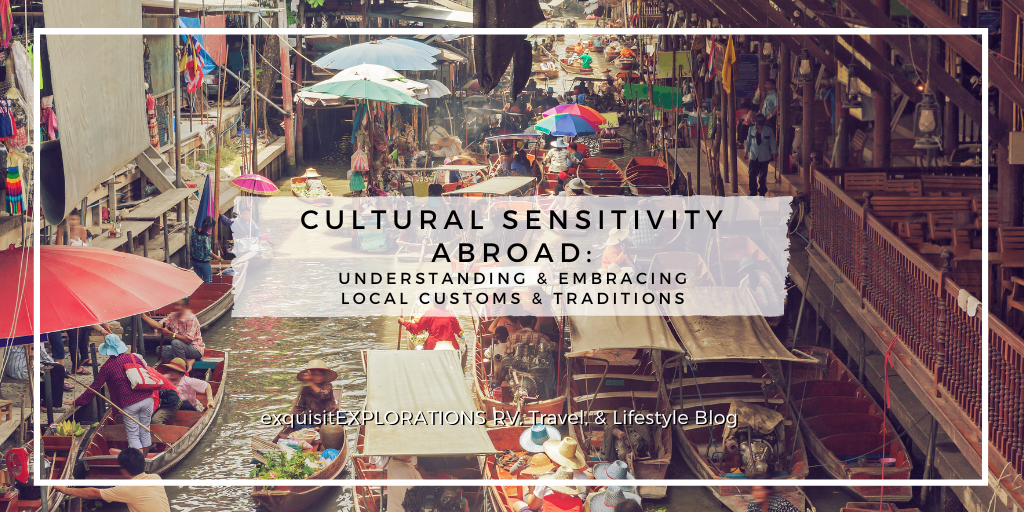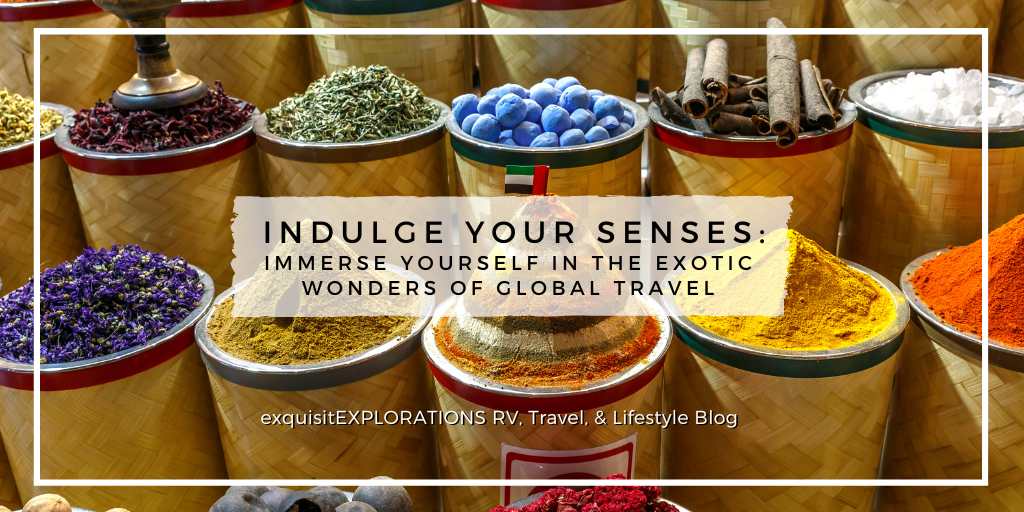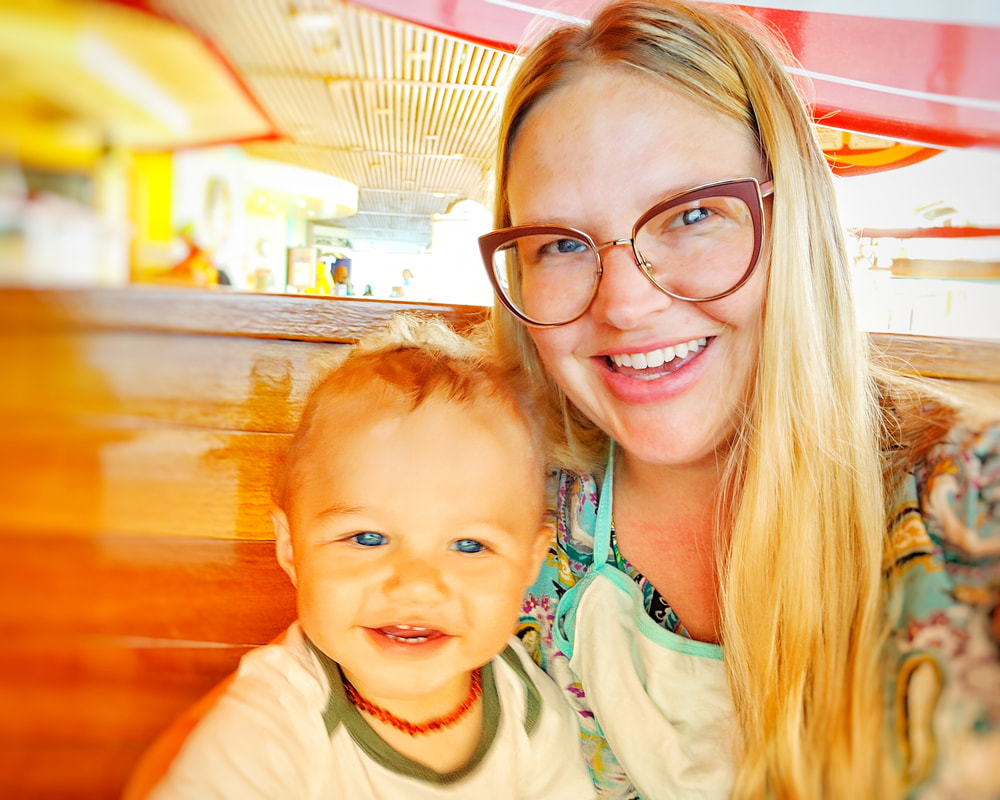|
As travelers, our adventures take us to lands with diverse cultures and traditions, offering a chance to explore the world's richness in all its glory. However, to truly connect with these unique experiences, it is vital to be culturally sensitive and respectful of local customs and traditions. Embracing and understanding the cultures we encounter not only enriches our journey but also fosters meaningful connections with the communities we visit. Read On to learn how to cultivate your cultural sensitivity while traveling abroad.Do your ResearchBefore embarking on any travel adventure, it's essential to conduct thorough research about the destination's cultural norms and values. Familiarize yourself with local customs, greetings, gestures, and taboos. Understanding the history, religion, and social practices of the region will provide valuable insights into the behavior and expectations of the local people. Keep an Open MindKeeping an open mind while traveling is the key to unlocking the true essence of a destination. By approaching each experience without preconceived notions, we open ourselves to unexpected beauty, connections, and personal growth. Whether savoring exotic cuisines, participating in local rituals, or conversing with people from different walks of life, an open mind enables us to fully immerse ourselves in the tapestry of global diversity, creating memories that expand our horizons and enrich our souls. Dress AppropriatelyClothing plays a significant role in many cultures, often reflecting religious beliefs, societal norms, and even climate conditions. When visiting places with conservative customs, such as temples, mosques, or rural villages, dress modestly to show respect for the local culture. In some regions, it may be required to cover your shoulders, legs, or head. Embrace this opportunity to try traditional clothing, if appropriate, as it can be seen as a sign of admiration for the culture. Learn Basic PhrasesEven if you're not fluent in the local language, learning a few basic phrases can go a long way in bridging cultural gaps. Simple greetings like "hello," "please," and "thank you" show that you are making an effort to connect with the local community and respect their language. Locals will appreciate your attempt, and it can lead to more meaningful interactions and a warmer reception. Observe and Follow Local EtiquetteEvery culture has its unique etiquette, and observing how locals interact in various settings can offer valuable cues on how to behave. For example, in some cultures, it is customary to remove your shoes before entering homes or certain public spaces, while in others, it may be considered rude to point with your feet. Pay attention to the behavior of those around you and follow suit to avoid unintentionally offending anyone. Ask for PermissionWhen taking photographs of people or sacred places, always ask for permission first. Not everyone is comfortable having their picture taken, and some locations may have restrictions on photography. Respecting the wishes of others demonstrates cultural sensitivity and shows that you value their privacy and traditions. Be Mindful of GesturesHand gestures can have different meanings in various cultures, and what may be innocuous in your home country could be offensive elsewhere. For example, the "thumbs up" sign may be a positive gesture in some places but considered rude in others. When in doubt, it's best to avoid using gestures that might be misinterpreted and opt for verbal communication. More and more, I see headlines about horrifyingly embarrassing things that tourists do that show a complete lack of cultural awareness. Just today, I watched a video of a woman walking across the Trevi Fountain in Italy to refill her water bottle with the water from the fountain. First of all, eww. Second, don't be that person.
As travelers, let us embrace the diversity of our world and approach each new destination with open minds and hearts, leaving a positive and lasting impact wherever we go. You may also like:
0 Comments
Leave a Reply. |
Welcome to exquisit
|








 RSS Feed
RSS Feed
